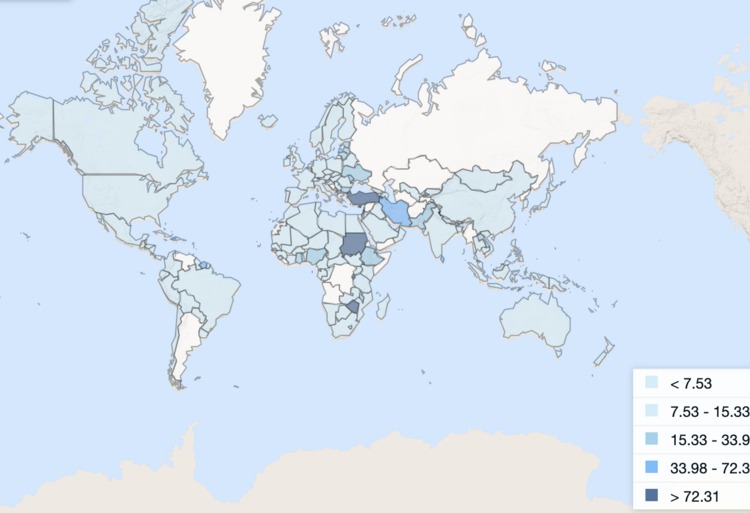Unemployment in the eurozone rises slightly, signaling pressure on the economy
- Eurozone jobless rate rose slightly to 6.5% in September
- Unemployment up by 69,000 people to 11.017 million
- Youth unemployment increased to 14.2% in September
- ECB policymakers may find relief in cooling labor market
- Eurozone economy contracted 0.1% in Q3
- French and German unemployment rates held steady
- Italian and Spanish unemployment rates ticked up slightly
- U.S. unemployment rate was 3.8% in September
Unemployment in the eurozone rose slightly from record lows in September, reaching 6.5%. This suggests that the labor market is starting to loosen, potentially due to higher European Central Bank interest rates. The bloc’s jobless rate was in line with economists’ expectations, but higher than the previous month’s record low of 6.4%. Unemployment increased by 69,000 people to a total of 11.017 million. Youth unemployment also saw a slight increase to 14.2%. This data could provide some relief for ECB policymakers, who may see it as a signal that inflation will continue to ease. However, the contraction of the eurozone economy by 0.1% in Q3 and the slump in global demand pose challenges. The unemployment rates in France and Germany remained steady, while Italy and Spain saw slight increases. In comparison, the U.S. unemployment rate was 3.8% in September.
Factuality Level: 8
Factuality Justification: The article provides factual information about the unemployment rate in the eurozone, citing data from European Union statistics agency Eurostat. It also includes information about the impact of European Central Bank interest rates on the economy and inflationary pressures. The article compares the current unemployment rate to previous months and years, and provides data on youth unemployment and unemployment rates in different eurozone countries. Overall, the article presents objective information without any obvious bias or misleading information.
Noise Level: 7
Noise Justification: The article provides relevant information about the rise in unemployment in the eurozone and its potential impact on the economy. It includes data from Eurostat and mentions the expectations of economists. However, it lacks in-depth analysis of the long-term trends or antifragility of the system. It also does not hold powerful people accountable or provide actionable insights or solutions.
Financial Relevance: Yes
Financial Markets Impacted: European Central Bank, eurozone economy
Presence Of Extreme Event: No
Nature Of Extreme Event: No
Impact Rating Of The Extreme Event: No
Rating Justification: The article discusses the rise in unemployment in the eurozone, which suggests that the labor market is starting to loosen. This could put pressure on the economy and impact the European Central Bank’s interest rate decisions. However, there is no mention of any extreme events or their impact.
Key People:
 www.marketwatch.com
www.marketwatch.com 





